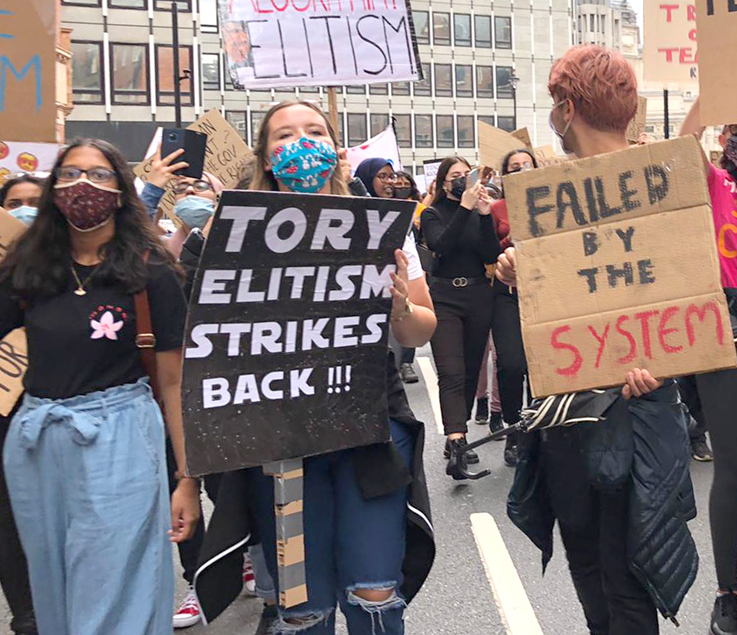
THE TORIES are pushing for a rise in the National Insurance rate, affecting over 25 million workers to pay for social care.
For someone on average earnings of £29,536 a year, a 1% increase in National Insurance would cost them £199.68 annually; however the percentage has not been agreed and could be much higher than 1%.
Research and education charity the Intergeneration Foundation said: ‘Youth will be hit hardest by any rise in national insurance.
‘During the pandemic they have suffered in jobs, they have suffered in mental health, they have lost a lot of social interaction which is valuable to them, and of course they have suffered so much in education.
‘So, in that context banging an increase in income tax on them seems so unfair.
‘If they are graduates, earning over £30,000 a year, they are already paying 42% tax: 20% income tax, 12% National Insurance and 10% towards repaying student debt.
‘It seems much more appropriate if you have got to find this money to have some sort of property tax where you pay maybe half a per cent of the value of your property each year in tax and that would of course fall more heavily on the older generations who tend to be home owners and tend to have more valuable homes.’
Rachel Harrison, GMB National Officer, said: ‘It’s no wonder care providers are chronically understaffed.
‘This is a direct result of the appalling pay and condition – often including zero hours contracts – our dedicated care workers are forced to endure.
‘Carers are highly skilled professionals, who made incredible sacrifices during the pandemic.
‘They should be treated and paid as such – care workers deserve £15 an hour, no less.
‘The government needs to stop kicking care plans into the long grass and ensure our crumbling social care system is properly funded.
‘Adult social care desperately needs proper funding – and wherever that new investment comes from, it must include ring-fenced cash to improve the pay, terms and conditions of carers to reflect the skilled and valued job they do.
‘The largely women workforce in social care deserves no less than £15 an hour.
‘Government and bosses must make this a priority.’
Meanwhile, on the issue of industry, Gary Smith, GMB General Secretary, said: ‘The growing labour market crisis is a result of years of cost-cutting and austerity by employers and government, there is no getting away from this.
‘But you cannot cut your way out of a crisis. You need to invest and if the country is to avoid prolonged and crippling shortages across industries and supply chains, then employers must start paying people properly for their labour.
‘It’s time to end the UK’s race-to-the-bottom on pay and conditions – that’s why GMB will be organising and campaigning for significant pay increases across our membership in our drive to make work better.’